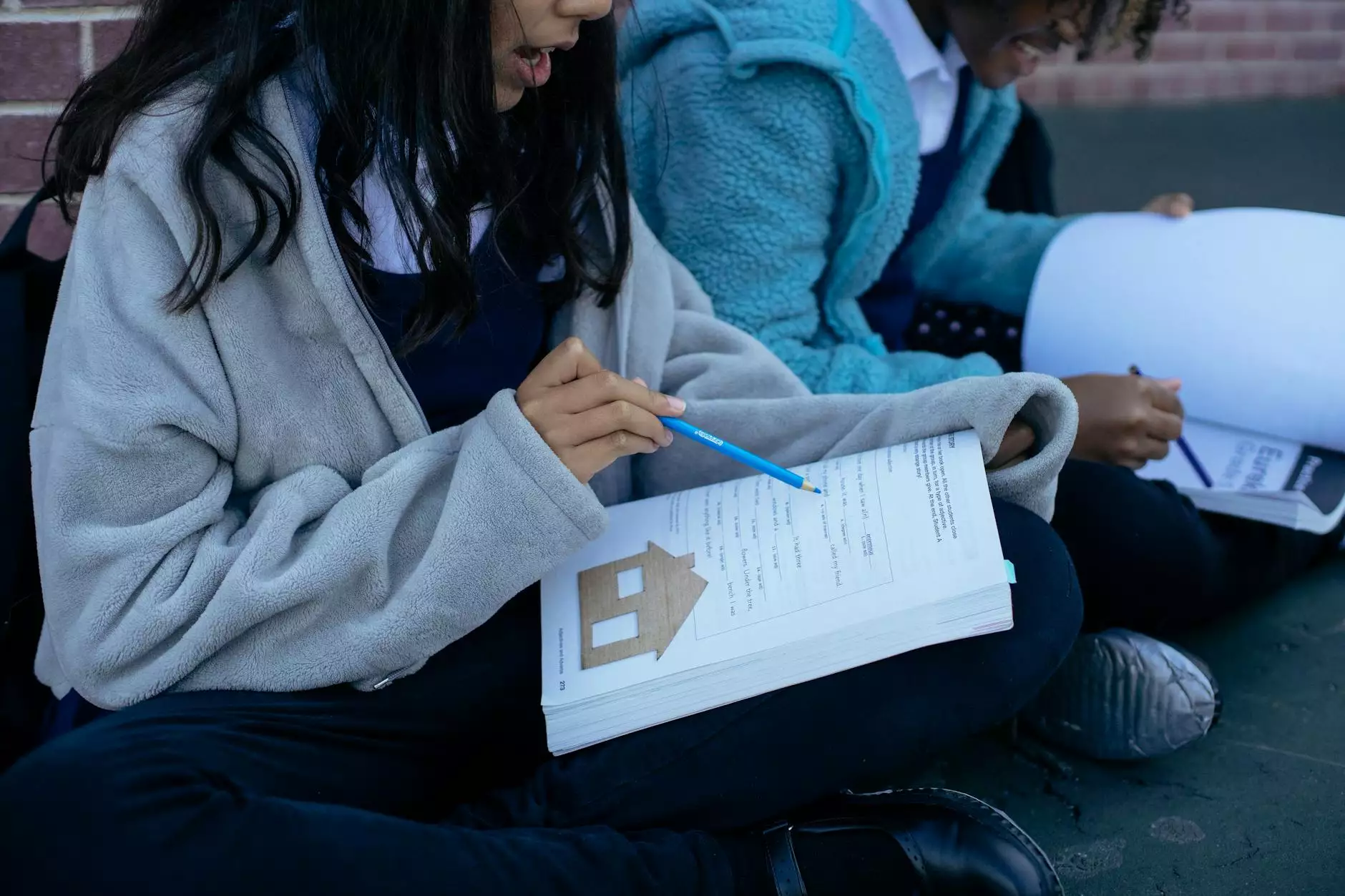English Lesson: Notice Vs. Realize
English Grammar Lessons
Welcome to NJCLT's comprehensive English lesson on the difference between notice and realize. In this lesson, we will delve deeper into the usage and meaning of these two common verbs, enabling you to enhance your language skills and understanding.
Understanding the Difference
Both notice and realize are verbs frequently used in various contexts, but they have distinct nuances that set them apart.
Notice often refers to becoming aware of something specific or observing something using your senses. It involves paying attention to details and being conscious of what is happening around you.
On the other hand, realize focuses more on the process of gaining knowledge or understanding of something that may not have been evident before. It involves a moment of realization or comprehension.
Usage of "Notice"
When using notice, you are typically acknowledging or becoming aware of something visual, auditory, or otherwise perceptible. It can refer to recognizing physical attributes, changes, or occurrences. Additionally, notice can also involve paying attention to others and their actions, as well as perceiving details in your environment.
For example, you might say:
- I notice a beautiful sunset.
- Did you notice the new artwork in the gallery?
- She noticed a strange noise coming from the basement.
Usage of "Realize"
When using realize, you are indicating a moment of understanding or awareness that may have been previously hidden or unrealized. It often involves a mental process of connecting information or coming to a sudden realization about a certain fact or situation.
For example, you might say:
- I didn't realize how much effort she put into that project.
- He realized he had made a mistake after hearing the consequences.
- They realized the importance of teamwork through the experience.
Examples in Context
To grasp the distinction more thoroughly, let's explore some common situations where the use of notice or realize is appropriate.
Example 1: Relationships
In relationships, noticing and realizing play crucial roles. Let's consider a scenario where a couple is experiencing relationship issues. One partner may notice certain signs of discontent, such as lack of communication or affection. However, it is only when they realize the underlying issues and emotions driving these symptoms that they can work towards resolving them.
Example 2: Personal Growth
Personal growth often involves paying attention to personal strengths and areas for improvement. You may notice patterns of behavior or traits that hinder your progress, but it is through self-reflection and introspection that you realize the need for change and take steps towards self-improvement.
Conclusion
Understanding the difference between notice and realize is crucial for effectively expressing yourself in English. While notice involves becoming aware of something through observation, realize pertains to the process of gaining knowledge or comprehension.
By grasping the nuances and using these verbs appropriately, you can enhance your language skills and communicate with precision. Practice using notice and realize in various contexts to solidify your understanding and fluency in English.
Thank you for choosing NJCLT for your language learning needs. We strive to provide comprehensive and engaging lessons to help you progress and excel in your English language journey!










